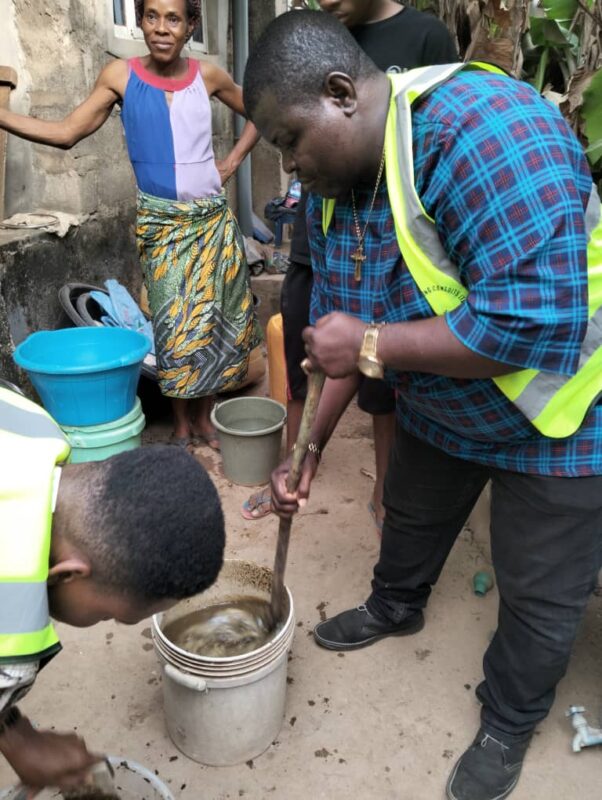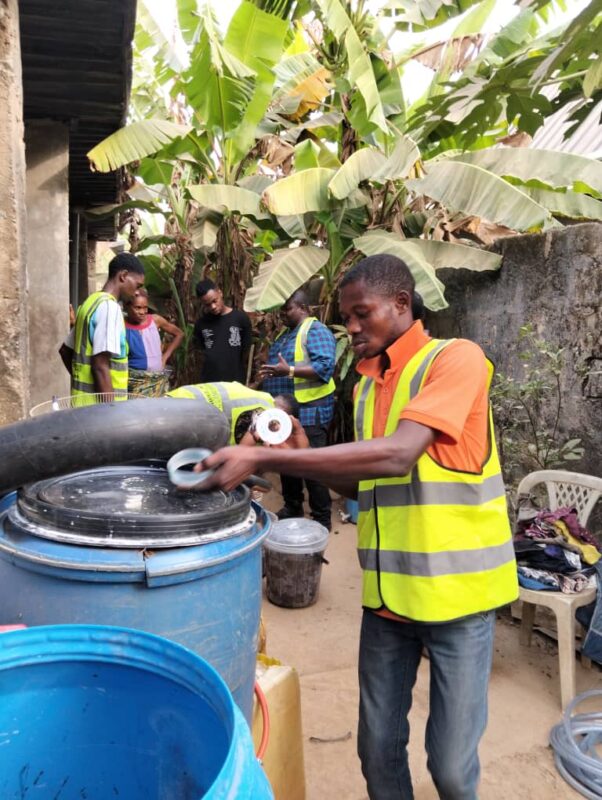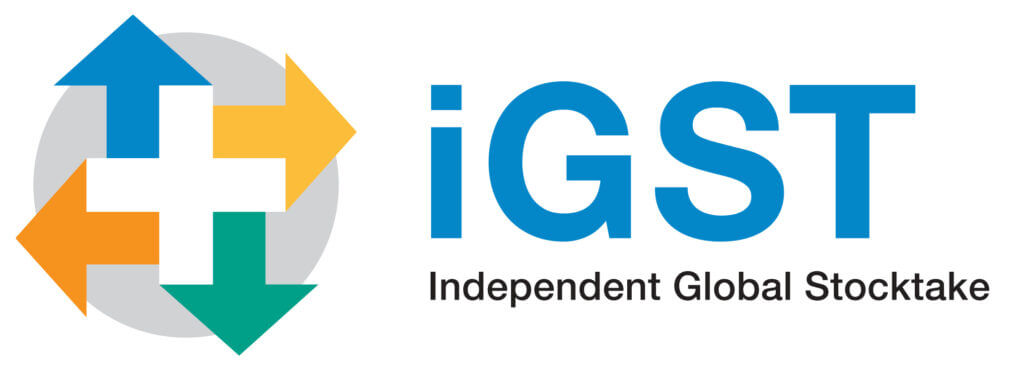Le SLAACC Le projet vise à lutter contre les effets croissants du changement climatique dans les communautés d’Enyigba et d’Abofia Edda, dans l’État d’Ebonyi, au Nigéria. Bien que ces communautés possèdent de précieuses connaissances traditionnelles, elles rencontrent des obstacles pour adopter des pratiques durables telles que l’agriculture biologique et la production de biogaz, ce qui accroît leur vulnérabilité. Avec le soutien du iGST West African Hub, le projet vise à renforcer la résilience climatique en proposant des formations, en encourageant la plantation d’arbres et en améliorant l’accès à l’eau potable et aux énergies renouvelables.
Objectifs spécifiques
- Renforcer la résilience des communautés en proposant des formations sur les pratiques d’agriculture biologique et d’agroforesterie, garantissant une gestion durable des terres et la sécurité alimentaire.
- Réduire la dépendance au bois pour la cuisson en formant 10 ménages à la production de biogaz et en installant des cuisinières à biogaz, favorisant ainsi l’utilisation des énergies renouvelables.
- Atténuer les impacts du changement climatique en plantant des arbres indigènes, en améliorant la biodiversité et la séquestration du carbone.
- Améliorer l’accès à l’eau et lutter contre le stress hydrique en installant un forage à pompe manuelle dans la communauté d’Okposi Umuogharu, garantissant ainsi un approvisionnement en eau fiable pour les besoins quotidiens et agricoles.
Résultats
Agriculture durable dans la région
La formation aux pratiques d’agriculture biologique et d’agroforesterie améliore la sécurité alimentaire, favorise la gestion durable des terres et augmente la productivité agricole.
Réduction de la déforestation
Les ménages passent des combustibles ligneux aux poêles à biogaz, réduisant ainsi leur dépendance aux ressources forestières et diminuant les émissions de carbone.
Amélioration de la biodiversité
La plantation d’arbres indigènes améliore la biodiversité, soutient les écosystèmes et contribue à la séquestration du carbone.
Accès fiable à l'eau
L'installation d'un forage à pompe manuelle offre à la communauté d'Okposi Umuogharu un accès durable à l'eau potable, permettant ainsi de lutter contre le stress hydrique et de soutenir les moyens de subsistance.
GALERIE
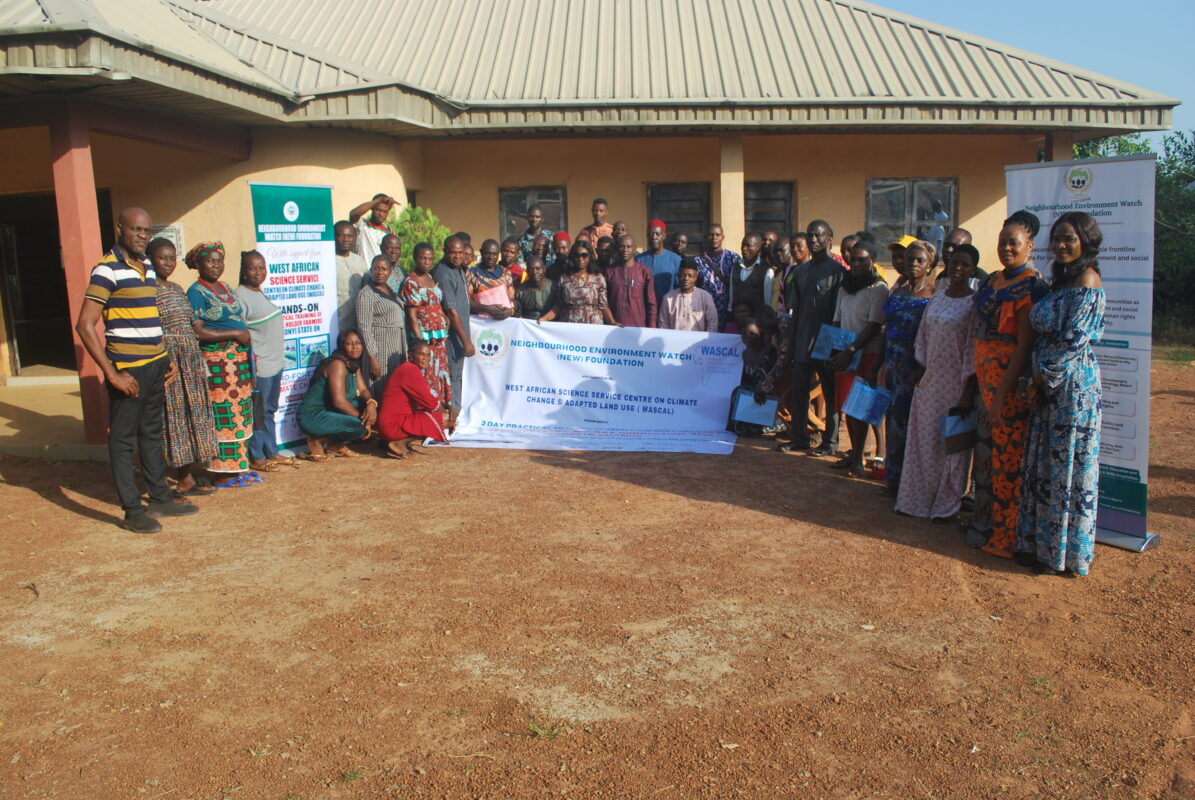
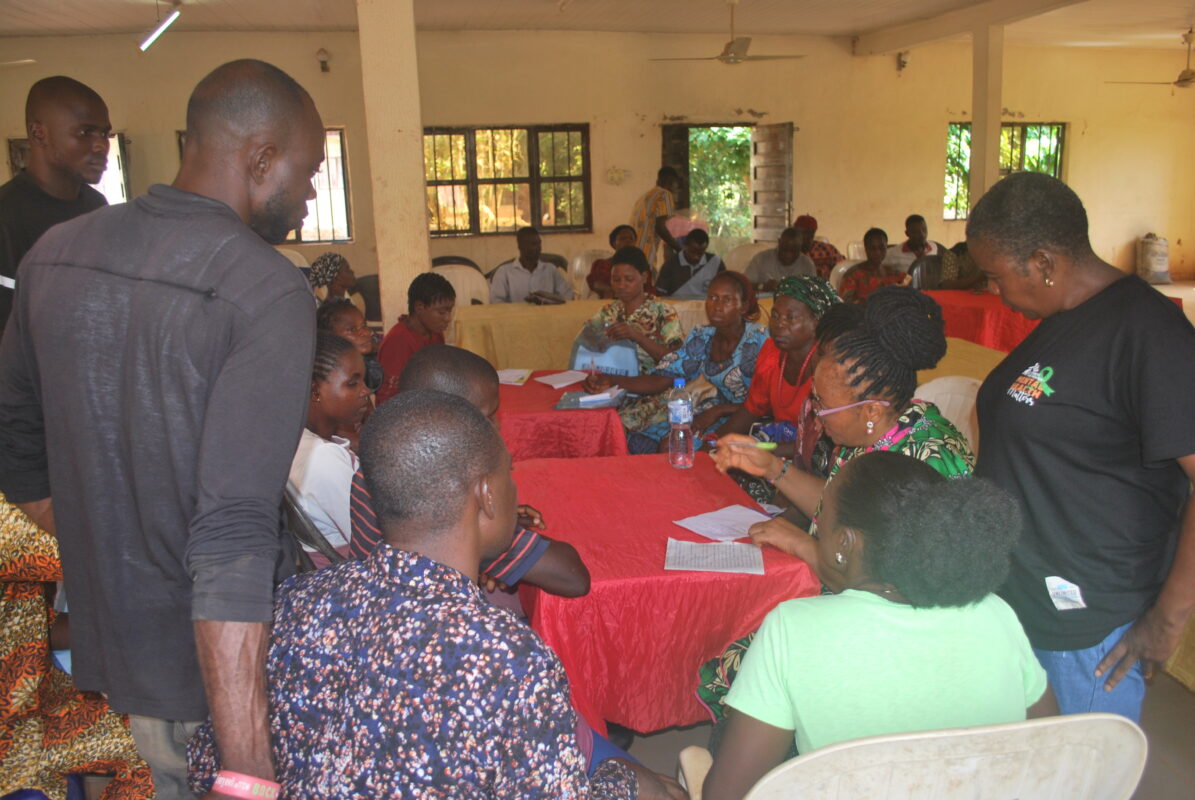
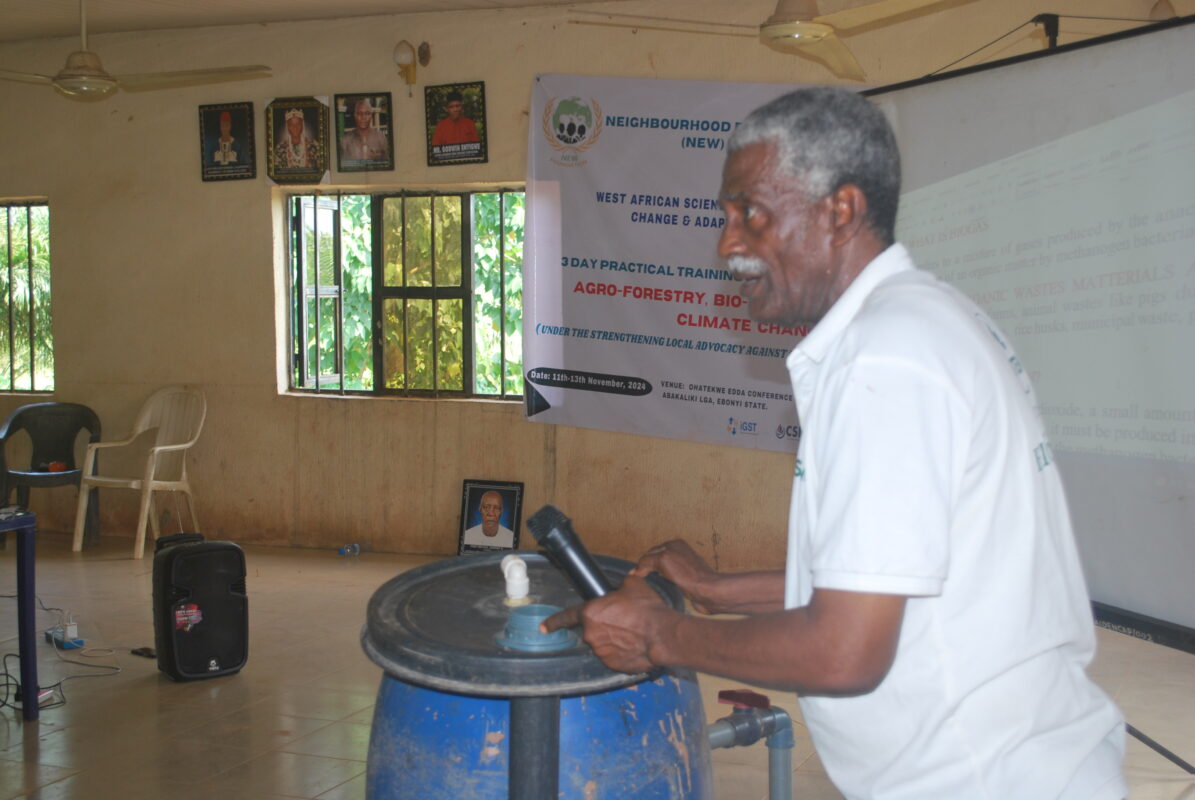
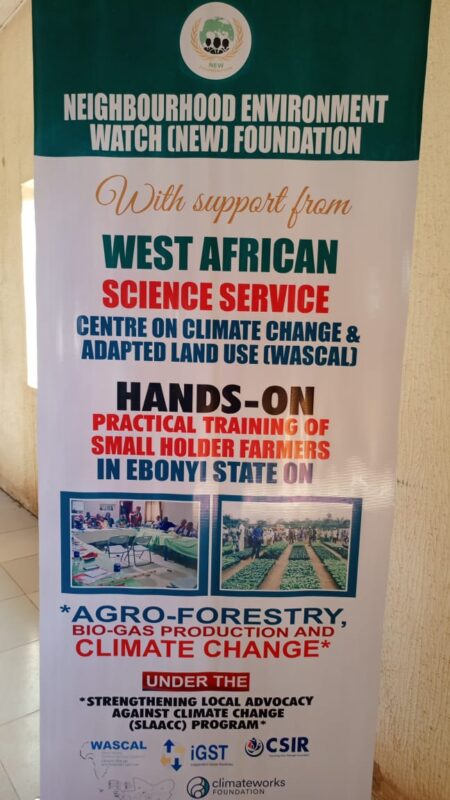
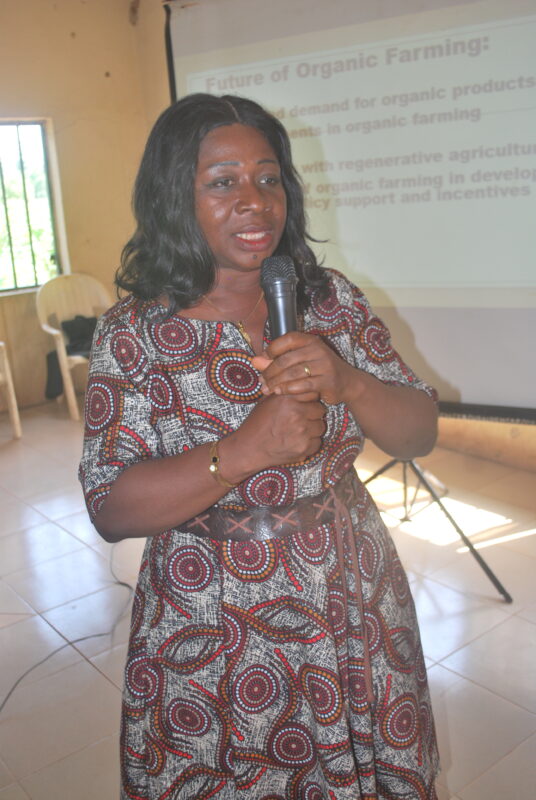
Renforcer les communautés grâce à l’agriculture biologique et à l’agroforesterie pour une meilleure sécurité alimentaire, une gestion durable des terres et une productivité agricole accrue
